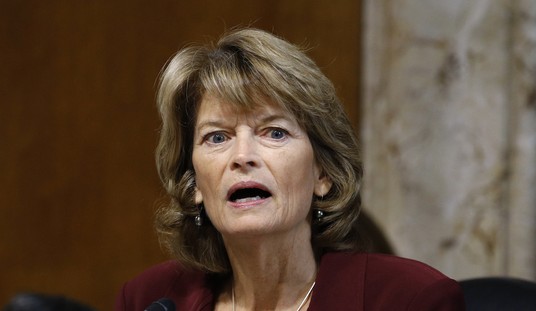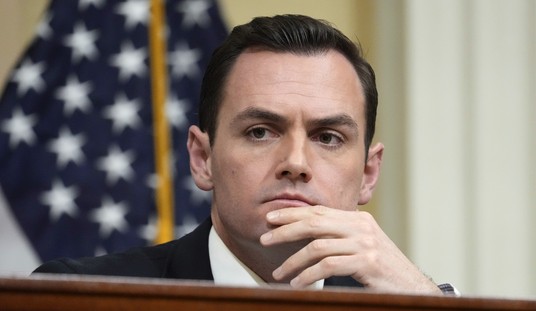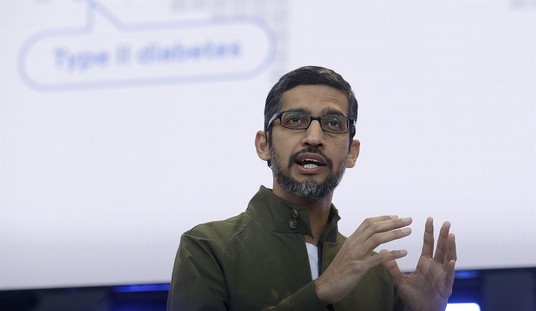The American Civil Liberties Union no longer believes in civil liberties for all. It now believes in civil liberties for everyone but Christian businesses and nonprofits who don’t agree with the ACLU on gay marriage or contraception. Their announcement comes in an op-ed in The Washington Post declaring they can no longer support the federal Religious Freedom Restoration Act:
The ACLU supported the RFRA’s passage at the time because it didn’t believe the Constitution, as newly interpreted by the Supreme Court, would protect people such as Iknoor Singh, whose religious expression does not harm anyone else. But we can no longer support the law in its current form. For more than 15 years, we have been concerned about how the RFRA could be used to discriminate against others. As the events of the past couple of years amply illustrate, our fears were well-founded. While the RFRA may serve as a shield to protect Singh, it is now often used as a sword to discriminate against women, gay and transgender people and others. Efforts of this nature will likely only increase should the Supreme Court rule — as is expected — that same-sex couples have the freedom to marry.
In the Hobby Lobby case last year, a Supreme Court majority blessed the use of the RFRA by businesses to deny employees insurance coverage for contraception, a benefit guaranteed by law, if those businesses object on religious grounds and there is some other means of furthering the government’s interests. Religiously affiliated nonprofit organizations such as universities are taking the argument further. They invoke the RFRA to argue not only that they should not have to provide insurance coverage for contraceptives, but also that they should not even have to notify the government that they refuse to do so because, they maintain, notification would trigger the government to intervene to ensure coverage.
The most amusing part later on in the op-ed is when ACLU Deputy Legal Director Louise Melling promises the group still believes in religious freedom.
Yes, religious freedom needs protection. But religious liberty doesn’t mean the right to discriminate or to impose one’s views on others. The RFRA wasn’t meant to force employees to pay a price for their employer’s faith, or to allow businesses to refuse to serve gay and transgender people, or to sanction government-funded discrimination. In the civil rights era, we rejected the claims of those who said it would violate their religion to integrate. We can’t let the RFRA be used as a tool for a different result now.
The ACLU really seems to twist itself into a knot so much they have no idea how to act when a business or organization exercises its First Amendment right to deny services based on religious beliefs. The ACLU is having a hard time realizing how private businesses have the right to deny services because they’re a private business. Reason’s Robby Soave points out how hypocritical the ACLU is being (emphasis mine):
In other words, the ACLU believes the peyote-smoking Native Americans and beard-wearing Sikh men are practicing an acceptable degree of religious freedom, but Christians are engaged in discrimination, and discrimination is bad. This seems like a funny place to draw the line, though. If religious freedom does not include the freedom for individuals to peacefully decline involvement in private commercial activities they find objectionable, it’s a meaningless concept.
Not everyone is going to agree on a position or a policy and that’s fine. But religious freedom is a very important part of America. It’s something the founders made sure was in the Constitution, whether they were part of a particular religion or not. It’s why the Anglican Patrick Henry is a hero to Baptists because he defended them in court. Or why Thomas Jefferson wrote the Virginia Statute for Religious Freedom. Or why James Madison made sure the First Amendment was in the Bill of Rights. Religious freedom mattered. There’s a deeper question worth asking, which is should the RFRA even exist in the first place? The Constitution already guarantees religious freedom in the First and Fourteenth amendments,
First Amendment:
Congress shall make no law respecting an establishment of religion, or prohibiting the free exercise thereof; or abridging the freedom of speech, or of the press; or the right of the people peaceably to assemble, and to petition the Government for a redress of grievances.
Fourteenth Amendment, Section 1:
All persons born or naturalized in the United States, and subject to the jurisdiction thereof, are citizens of the United States and of the State wherein they reside. No State shall make or enforce any law which shall abridge the privileges or immunities of citizens of the United States; nor shall any State deprive any person of life, liberty, or property, without due process of law; nor deny to any person within its jurisdiction the equal protection of the laws.
A part of the problem is the government’s insistence on getting involved in personal contract issues. New York tried to limit hours bakers could work in the Lochner v. New York case. Patrick Henry attempted to make Christianity the official religion of Virginia and do a tax to support vacant churches while in the state legislature. These two cases were thankfully either tossed by the courts or the legislature itself. But other cases succeeded, including the Slaughter-House Cases, West Coast Hotel Co. v. Parrish, and last week’s King vs. Burwell. Until local, state, and federal governments get out of personal contract and/or business issues, legislators across the country are going to pass laws like Religious Freedom Restoration Acts which do nothing but restate what is already in the Constitution.
The ACLU is a weird organization at times because it sometimes stands up for things libertarians (and some conservatives) agree on. But they’re absolutely wrong here, and their belief the government needs to be involved in protecting people from discrimination on religious grounds is wrong. They’re being inconsistent for promising to defend religious liberty, but refusing to acknowledge the rights of private businesses with religious beliefs and religious nonprofits. It’s not religious freedom for me and not for thee. It’s religious freedom for all. Unless the religion in question is physically hurting or killing someone, taking their liberty, or their property. Then it’s another story. But that’s not what’s at stake here. There are ways people can disagree with a policy a business or nonprofit has, but agree it’s their right to do it because of the First Amendment. ACLU should be willing to acknowledge this. Until then, they’re just hypocrites.








Join the conversation as a VIP Member